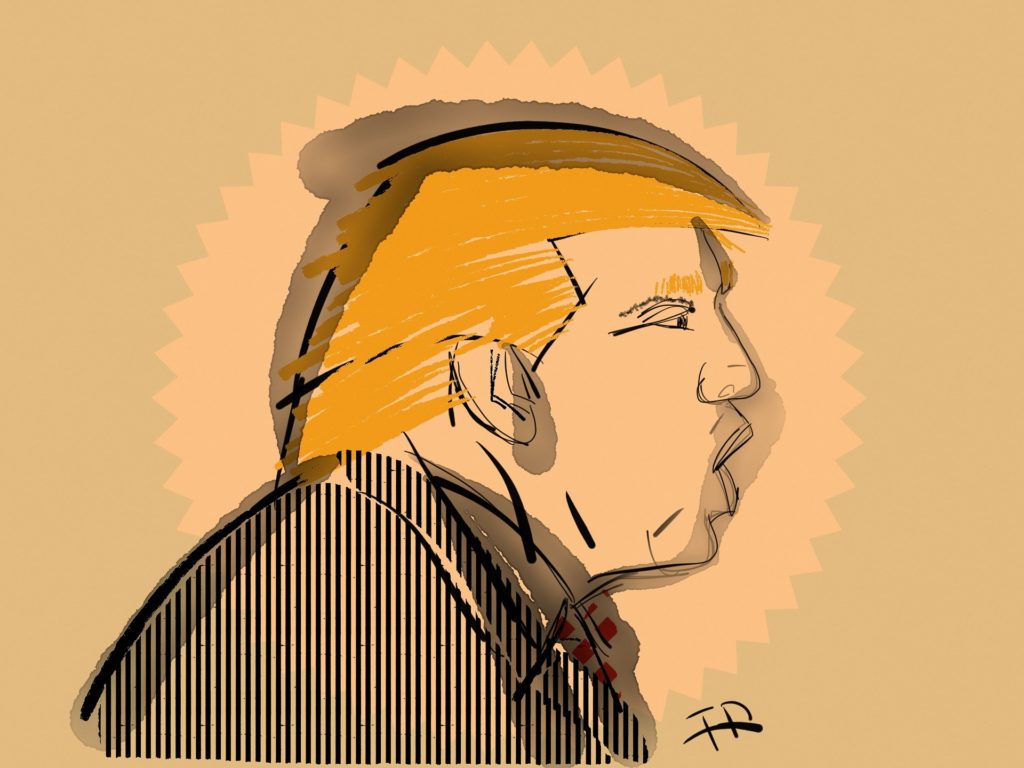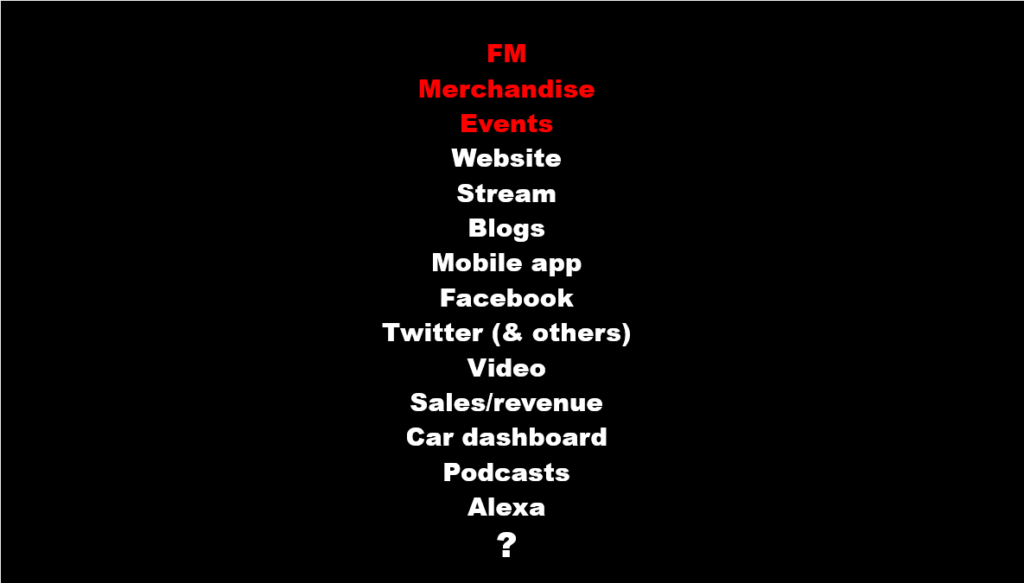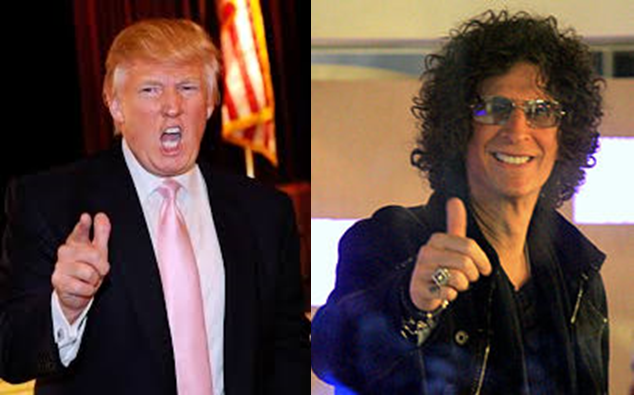
It seems like every time I read Radio Ink, they’re running lists of the best stations, the best managers, the 40 most powerful radio execs, and even the best salespeople.
And why not?
We love lists. But Holy Kasey Kasem – you have to wonder if these countdowns of the best this and best that don’t sometime miss the mark. I’m often asked the totally uncomfortable question, “Who are the really great program directors out there?”
It’s almost as if some of the old timers in the business believe today’s PDs simply aren’t up to snuff – not as good as those of us who programmed in the ’70s and ’80s when some PDs even had one name (Oedipus comes to mind). Back then, programmers often commanded attention – and money – comparable to what high-powered morning shows were paid.
A lot of that has settled down, but the fact is, there are some truly brilliant PDs out there, especially flexible, savvy, and strategic under less-than-optimal conditions. When you consider that many of today’s programmers oversee more than one station, and even multiple markets, you quickly realize the playing field is far from level. It’s as crazy comparing LeBron to Jordan – conditions change, “the game” evolves, and the pressures aren’t the same, making these head-to-head showdowns far from fair.
I think about what was on my plate as an off-air PD at WRIF more than 35 years ago, and it was pretty simple. I was responsible for the sound of the radio station received on FM radios, as well as some oversight on the merch we produced and the events we presented. That was it.
Today, the PD punch list looks more like this:

The Internet, mobile, social, and all the other gadgets and new media platforms have made an already difficult job exponentially tougher. Overseeing all that content on so many different outlets make programming a high wire/no net job.
But it’s even harder than that because great programmers find a way to make their stations interesting and “cume urgent” – every day, every week, every quarter. While on the one hand, consistency is critical, there has to be a degree of “predictable unpredictability” that keeps the audience coming back for more.
One of the toughest bars for a PD to hit is getting high scores from the audience when it comes to hitting the “Miss a day, miss a lot” yardstick.
And that’s why President Trump is such a fascinating personality. There’s not a day that goes by when he’s not making news, shaking it up, changing the agenda, setting an occasion (“I’ll have that Supreme Court nominee announcement Monday night at 9pm”), and even tweet storming in ways that keep us coming back for more.
Whether you’re a MAGA acolyte or a member in good standing of the Resistance, you can’t afford not to know what he did or said today. That’s one of the reasons why so many news organizations have enjoyed solid and even dominant ratings since Trump first announced his candidacy for the presidency a few long years ago. It’s also why they’re all exhausted. In the past 18 months since Trump became the morning guy of the White House, “breaking news” now occurs multiple times a day – sometimes an hour.
I don’t want to get overtly political, and debate his tactics, legality, morality, his name calling, or his competitive nature. But I think it is clear that as as the former executive producer of a successful reality TV show, Donald Trump understands the ebb and flow of public opinion – and how to get ratings.
But maybe thinking about him as a Program Director misses the mark. As the 30th anniversary edition of Morning Show Boot Camp kicks off today in Chicago, it might be more appropriate to think about Trump as a morning guy.
But not just any morning guy, but one who is capable of pretty much anything, isn’t always a team player, criticizes just about everyone including his own staff, and often zigs when you think he’s going to zag. We’re talking about a showman of the highest degree, someone who uses all the tools
If that sounds like another New York-based media superstar, we’re tracking very well today. In many ways, Trump is reminiscent of Howard Stern, a personality who built his brand and made his fortune on being interesting, intriguing, and surprising every day. There’s that scene in “Private Parts” where the researcher is explaining to Pig Vomit why Stern’s loyal audience stays tuned into the show:
“I want to see what he’ll say next.”
But it goes beyond that. Stern bullied his morning show competitors, calling them “zookeepers” and worse. When he went on the attack, he could be blistering. And his followers – or fanatics – were often secondary role players who did what they were told, disrupting request lines and events of the shows and stations across the street.
I was at WYSP in Philly during the early years, and benefited from Stern’s ascent from market to market, often changing the radio landscape and  redefining the conversation. You have to wonder what he would have been like with a tool like Twitter and several million fanatical followers. Only a handful of local radio morning shows were able to face him head on – KQRS’s Tom Barnard and WRIF’s Drew & Mike were actually able to beat Stern in Minneapolis and Detroit respectively by playing their own game in their hometowns.
redefining the conversation. You have to wonder what he would have been like with a tool like Twitter and several million fanatical followers. Only a handful of local radio morning shows were able to face him head on – KQRS’s Tom Barnard and WRIF’s Drew & Mike were actually able to beat Stern in Minneapolis and Detroit respectively by playing their own game in their hometowns.
In an increasingly competitive environment where today’s PDs aren’t just up against the other stations in town, but face battles with new media competitors, there’s no substitute for a great personality who brings it every day.
I always enjoy mixing it up with the hundreds of radio stars and aspirants who show up for Don Anthony’s annual get-together where no one wears a suit and everyone’s there to learn from one another and share winning bits and benchmarks.
I’ll be presenting AQ – the first “talent on talent” research study, and I hope it’s a provocative and interesting jumping off point for the next couple days of sessions, panels, debating, networking, and just hanging out with radio’s MVPs – its personalities.
But, I’ll have one eye locked on the nearest TV and another on my Twitter feed, making sure I don’t miss something breaking from the White House, and the guy who’s working mornings, middays, afternoon, nights, and overnights.
There’s never a dull moment when you’re following a dynamic, compelling, and unpredictable personality.
Stay tuned.
- Traveling At The Speed of CES - January 10, 2025
- The One Thing Missing At CES? - January 9, 2025
- AI Your Commercials - January 8, 2025




Bingo! Excellent. Boomer Broadcasters Understand.
Thank you, Fred. Clark, Boston.
Back at you, Clark.
On that PD/Brand Manager punch list: Sure isn’t what it used to be, but there’s nothing else I’d rather be doing.
Here’s the big question, Fred. In today’s risk averse big corporate radio world, how long do you think a young Donald Trump or Howard Stern without a monster ratings track record would last before being fired for the content and behavior you rightly describe as being what makes them audience magnets?
Great point, Bill. There are exceptions, sure, but how many corporate owners would have the stomach to ride out the kind of backlash either would certainly generate. In short, how long would the next Donald Trump or Howard Stern be given to generate those monster ratings before hearing, “You’re fired.”
Dave, see my comment to Bill. In answer to your question, none. But I don’t think you have to turn it up to 11 every day in order to break up the monotony.
Bill, I think there are differences between being outrageous and incendiery – and shaking it up, trying new things, and breaking the pattern of always doing “Rock Backwards” every morning at 7:10.